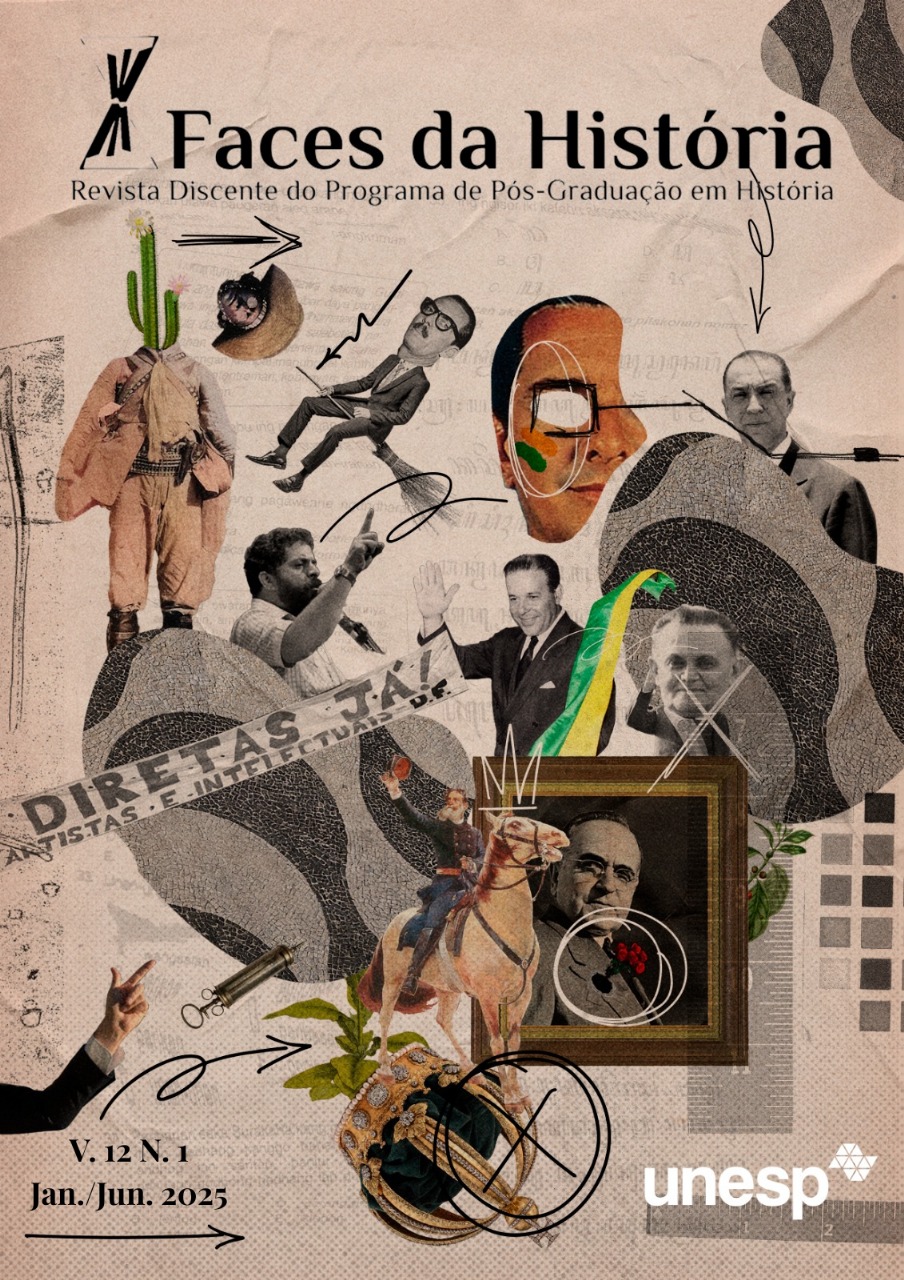Amefricanity as a Form of Overcoming Coloniality and Affirming Afro-descendant Identities
Keywords:
Amefricanity, Coloniality, Decoloniality, Afro-descendant identityAbstract
This article addresses the concept of Amefricanity as a form of resistance to coloniality and as a tool for affirming Afro-descendant identities across the Americas, with particular focus on the Brazilian context. The objective is to analyze how Amefricanity, as proposed by Lélia Gonzalez, functions as a political-cultural category capable of destabilizing Eurocentric structures of power, knowledge, and subjectivity, by articulating historical, religious, territorial, and educational practices as forms of insurgency. The research adopts a bibliographic review method, drawing from decolonial authors such as Aníbal Quijano, Walter Mignolo, and Breny Mendoza, and connecting them to Afro-Brazilian intellectual production and practical examples linked to the Black movement, education, and African-based religiosity. The findings reveal that Amefricanity not only challenges the coloniality of knowledge but also materializes in cultural and pedagogical practices — such as the struggle for the legalization of Candomblé, the implementation of Law nº 10.639, educational projects and academic research that promote the valorization of Afro-Brazilian epistemologies. It is concluded that Amefricanity constitutes a political and epistemic platform that breaks with colonial thought, affirming new ways of being, thinking, and existing, rooted in ancestry, diversity, and the dignity of Afro-descendant peoples.
References
CHAVES, T. Veriato; CESTARI, M.; FRANÇA, G. Todo mundo fala pretuguês, principalmente quem não fala. Revista Conexão Letras, [S. l.], v. 18, n. 29, 2023, p. 1–18.
CIRNE, A. Movimento negro, racismo religioso e multiculturalismo. In: Racismo religioso em escolas da Bahia: autoafirmação e inclusão de crianças e jovens de terreiro. Ilhéus, BA: Editus, 2020, p. 49–59.
FERREIRA REZENDE, T. Tensionamento geo-ontoepistêmico-linguístico entre o patriarcado e a espiritualidade da mulher negra. Revista Mosaico - Revista de História, Goiânia, v. 16, n. 1, 2023, p. 57–71.
GONZALEZ, Lélia. Por um feminismo afro-latino-americano: ensaios, intervenções e diálogos. Rio de Janeiro: Zahar, 2020.
MARINHO, T. A. “Feminismos de terreiros” e patriarcado no Brasil. Revista Mosaico - Revista de História, Goiânia, v. 16, n. 1, 2023, p. 10–29.
MENDOZA, Breny; GUSSO DOS SANTOS, Aléxia Milena. Colonialidade de gênero e poder: da pós-colonialidade à decolonialidade. Revista X, [S. l.], v. 16, n. 1, 2021, p. 259–289.
MIGNOLO, Walter D. Colonialidade: o lado mais escuro da modernidade. Revista Brasileira de Ciências Sociais. Rio de Janeiro, v. 32, n. 94, jun. 2017.
QUIJANO, Aníbal. Colonialidad del poder, eurocentrismo y América Latina. In: LANDER, Edgardo (Org.). La colonialidad del saber: eurocentrismo y ciencias sociales.
Perspectivas Latinoamericanas. Buenos Aires: CLACSO, 2005.
SANTOS, Boaventura de Sousa. Para além do pensamento abissal: das linhas globais a uma ecologia de saberes. Revista Crítica de Ciências Sociais, n. 78, 2007, p. 3–46.
SILVA, Mary Anne Vieira. Dinâmicas espaciais do sagrado de matriz africana na região metropolitana de Goiânia/GO. Revista Geográfica de América Central, Costa Rica, v. 2, 2018, p. 1-18.
SILVA, Mary Anne Vieira. Reconhecimentos identitários do candomblé em Goiás: contextos pós-coloniais na contemporaneidade. OPSIS, Goiânia, v. 16, n. 2, 2016, p. 327–341.
SILVEIRA, Jucimeri Isolda. Direitos humanos e políticas públicas: panorama e desafios. In: BONETI, Lindomar Wessler et al. (Org.). Educação em direitos humanos: história, epistemologia e práticas pedagógicas. Ponta Grossa, PR: Editora UEPG, 2019.
Published
How to Cite
Issue
Section
License
Copyright (c) 2025 Laura Beatriz Alves de Oliveira

This work is licensed under a Creative Commons Attribution-NonCommercial 4.0 International License.
Autores que publicam na Revista Faces da História concordam com a cessão dos direitos autorais dos manuscritos, processo simultaneamente licenciado sob a Licença Creative Commons Attribution (CC-BY-NC), que permite o compartilhamento do trabalho com reconhecimento da autoria e publicação inicial nesta revista. Dessa forma, a Revista Faces da História pode difundir os artigos e trabalhos publicados, em formatos físicos e/ou eletrônicos, incluindo Internet.




